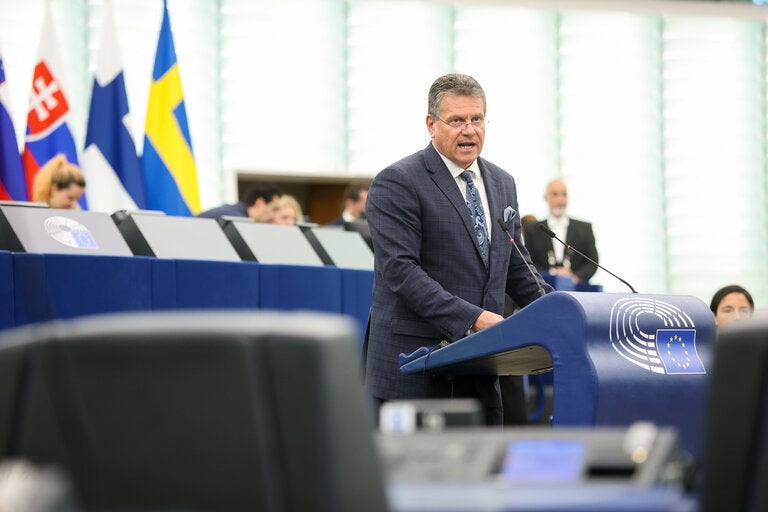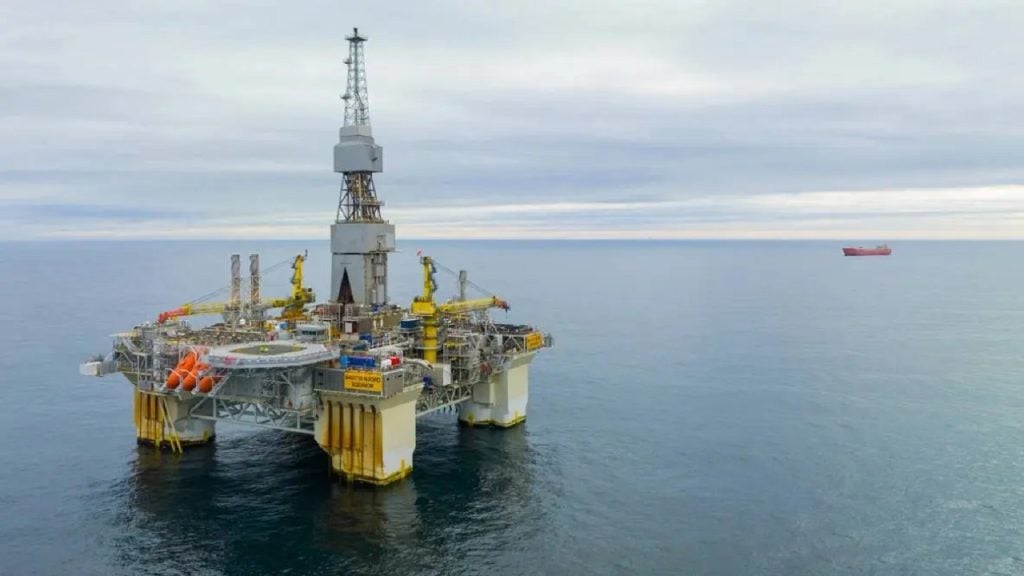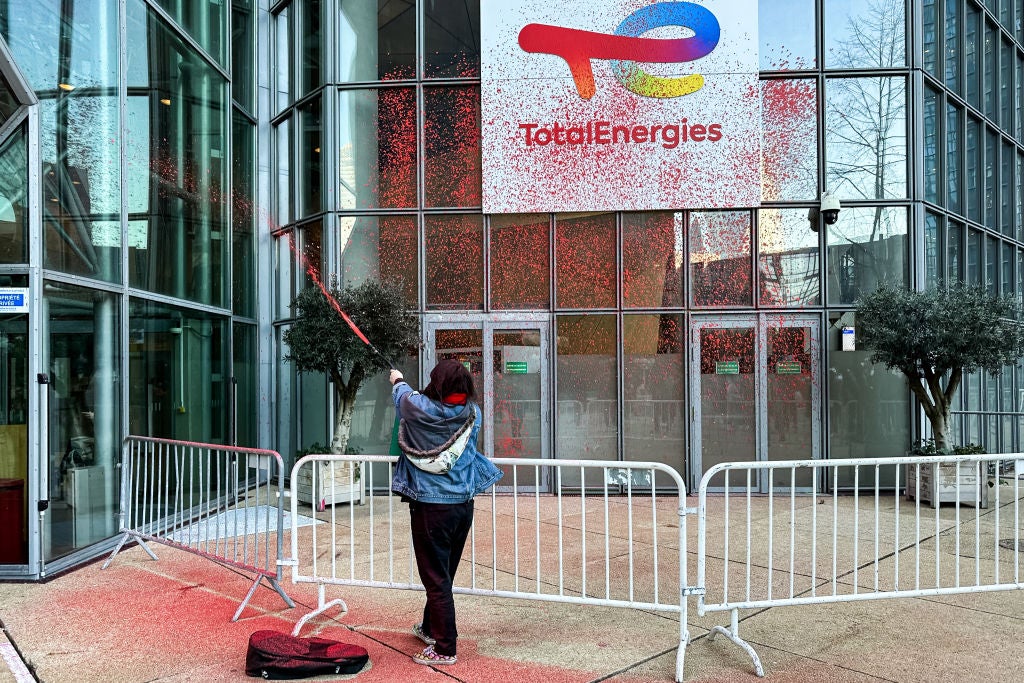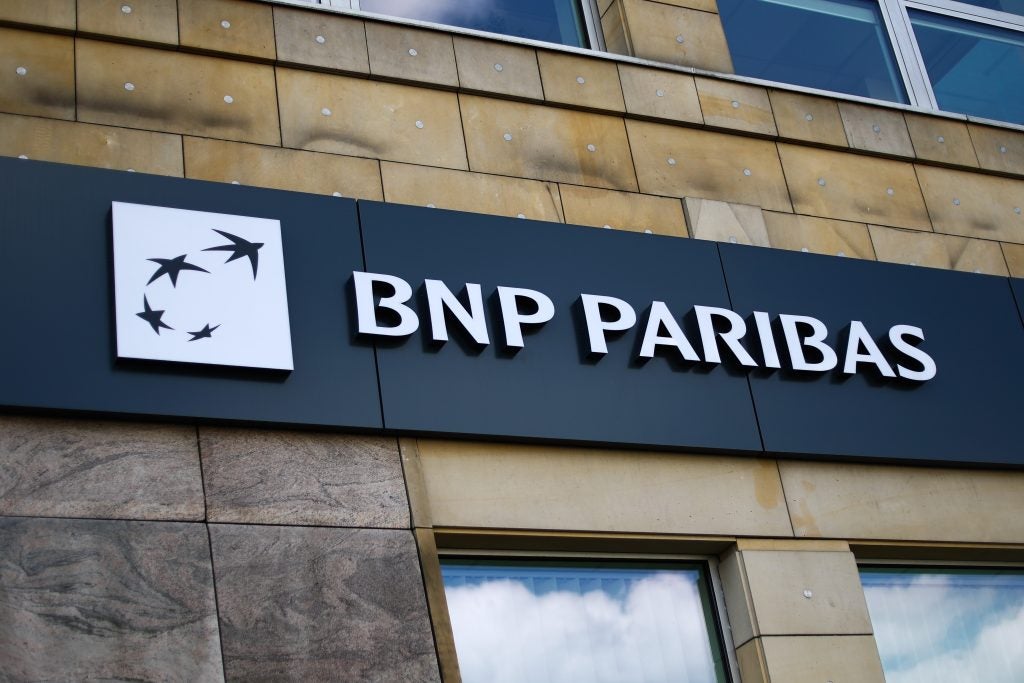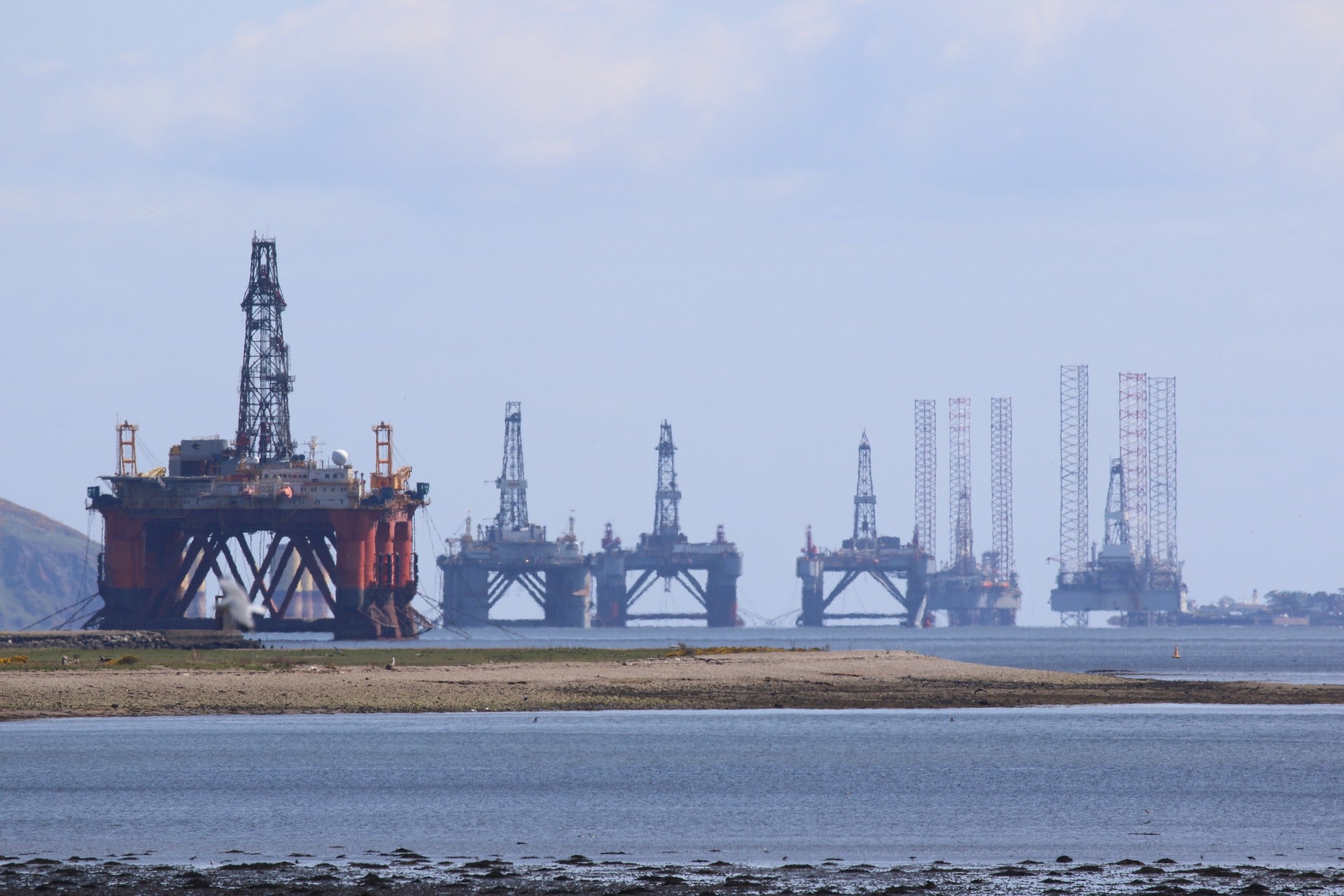
Brazil’s Petrobras, TotalEnergies, Royal Dutch Shell, Petronas and Qatar Energy have won production sharing contracts (PSC) for two pre-salt oil fields offshore Brazil.
The PSCs for the Atapu and Sépia pre-salt fields have been offered by Brazil’s National Agency of Petroleum, Natural Gas and Biofuels (ANP) under the Second Transfer of Rights Surplus Bidding Round.
With the completion of the bidding round, the government garnered approximately $2bn in total fees from the oil firms.
ANP director general Rodolfo Saboia said: “We had an extraordinary result for Brazil, which surpassed our expectations.
“The great news is that we were able to achieve competition, increasing the percentage of profit oil.”
In the Atapu PSC, Petrobras will serve as operator with 52.5% interest, while TotalEnergies and Shell will own 22.5% and 25% stake, respectively.
Located in water depths of about 2,000m in the Santos Basin, the Atapu field started production started in 2020.
The field has 160,000 barrels per day (b/d) with a first floating, production, storage, and offloading (FPSO) unit.
The field’s production capacity is expected to increase to around 350,000 b/d with the planned second FPSO.
Furthermore, Petrobras (30%), TotalEnergies EP (28%); Petronas (21%); and QP Brazil (21%) have received the rights to develop the Sepia field.
Located in the Santos Basin, the Sépia field is expected to reach peak production capacity of 180,000b/d with a first FPSO. It started production in August 2021.
A proposed second FPSO is expected to boost the field’s oil production to around 350,000b/d.
ANP plans to sign the contracts pertaining to the two offshore fields until 29 April 2022.
TotalEnergies chairman and CEO Patrick Pouyanné said: “With the successful bids on Atapu and Sépia, TotalEnergies further expands its footprint and production in the pre-salt Santos Basin, a key growth area for the Company.
“These are unique opportunities to access giant low-cost and low emissions oil reserves, in line with TotalEnergies’ new strategy.
“These assets benefit from world-leading well productivities to keep costs well below 20 $/boe. They also leverage technological innovations to limit greenhouse gas emissions to well below 20 kg/boe.”


